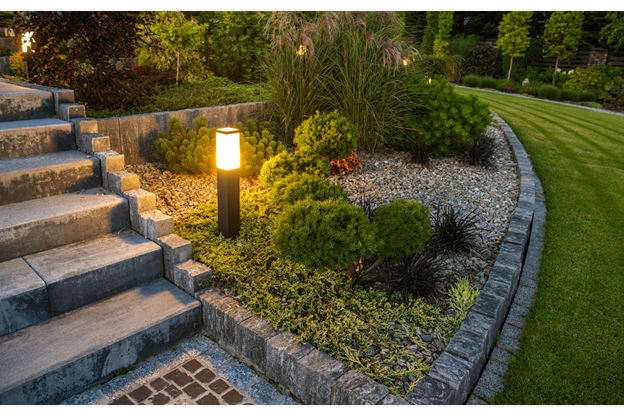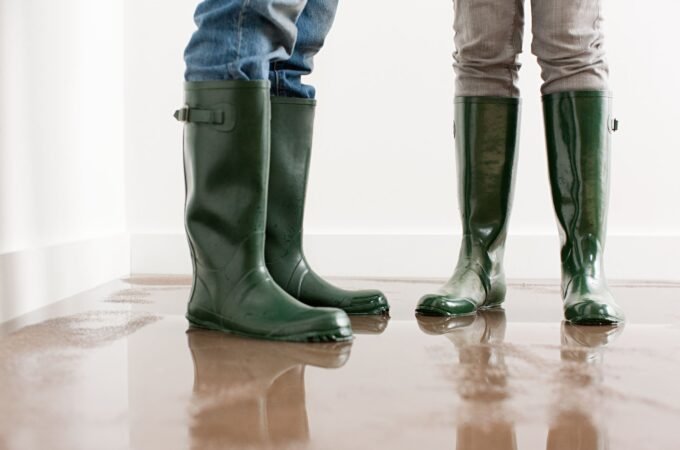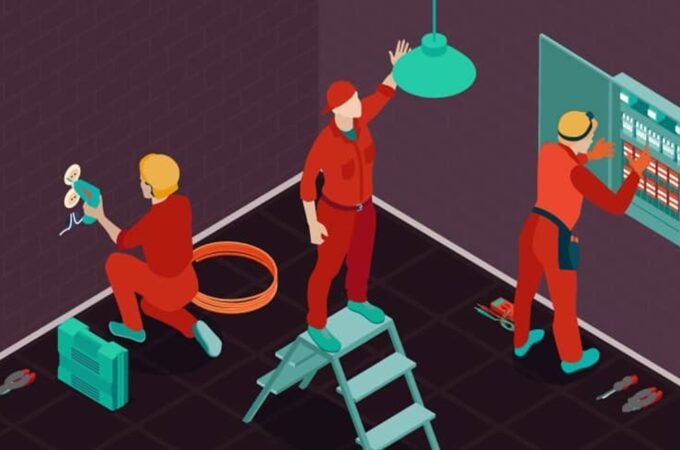
The Dos and Don’ts of Outdoor Electrical Installation for a Safe Backyard
When it comes to outdoor electrical installation, safety should always be the top priority. To prevent accidents or potential hazards, it’s important to ensure all electrical work is done correctly and up to code. Here are some dos and don’ts of outdoor electrical installation that you should keep in mind for a safe backyard:
Table of Contents
ToggleDo’s
- Use Weatherproof Materials: When installing outdoor electrical fixtures, use materials designed for outdoor use. This includes weatherproof outlets, covers, junction boxes, and wiring. Using non-weatherproof materials can increase the risk of fire or electric shock.
- Hire a Certified Electrician: It’s always recommended to hire a certified electrician for any electrical work, especially for outdoor installations. They have the necessary knowledge and experience to ensure that all electrical components are properly installed and up to code.
- Plan Out the Layout: Before starting any installation, it’s important to have a plan for the layout of your outdoor electrical fixtures. This will help you determine the right placement for outlets, lighting, and other electrical components. It’s also important to consider the area’s weather conditions and potential hazards.
- Use GFCI outlets: Ground Fault Circuit Interrupter (GFCI) outlets are designed to protect against electric shock in wet or damp areas. These types of outlets should always be used for outdoor installations near water sources such as pools, hot tubs, or outdoor sinks.
- Install Lighting for Safety: Proper lighting can significantly improve the safety of your backyard, especially at night. Installing motion-sensor or pathway lighting can help prevent tripping hazards and improve security.
Don’ts
- Use Damaged Wiring: Damaged wiring should never be used for outdoor electrical installations. This can create a potential fire hazard, and it’s important to replace any damaged wiring before proceeding with the installation.
- Overload Circuits: It’s important to avoid overloading electrical circuits in your backyard. Blown fuses or circuit breakers can cause power outages and pose a risk of fire.
- Install Outlets Near Water Sources: As mentioned earlier, outlets near water sources should always have GFCI protection. However, it’s best to avoid installing outlets near water sources altogether.
- Neglect Regular Maintenance: Like any other part of your home, outdoor electrical fixtures require regular maintenance and inspection. This can help identify potential hazards or repairs that need to be addressed in a timely manner.
- Use Ungrounded Outlets: Ungrounded outlets increase the risk of electric shock and should never be used for outdoor electrical installations. Make sure all your outlets are properly grounded to ensure safety.
By keeping these dos and don’ts in mind, you can ensure that your backyard is a safe and enjoyable place for everyone. Remember to always prioritize safety and never hesitate to seek professional help for any electrical work that needs to be done.





